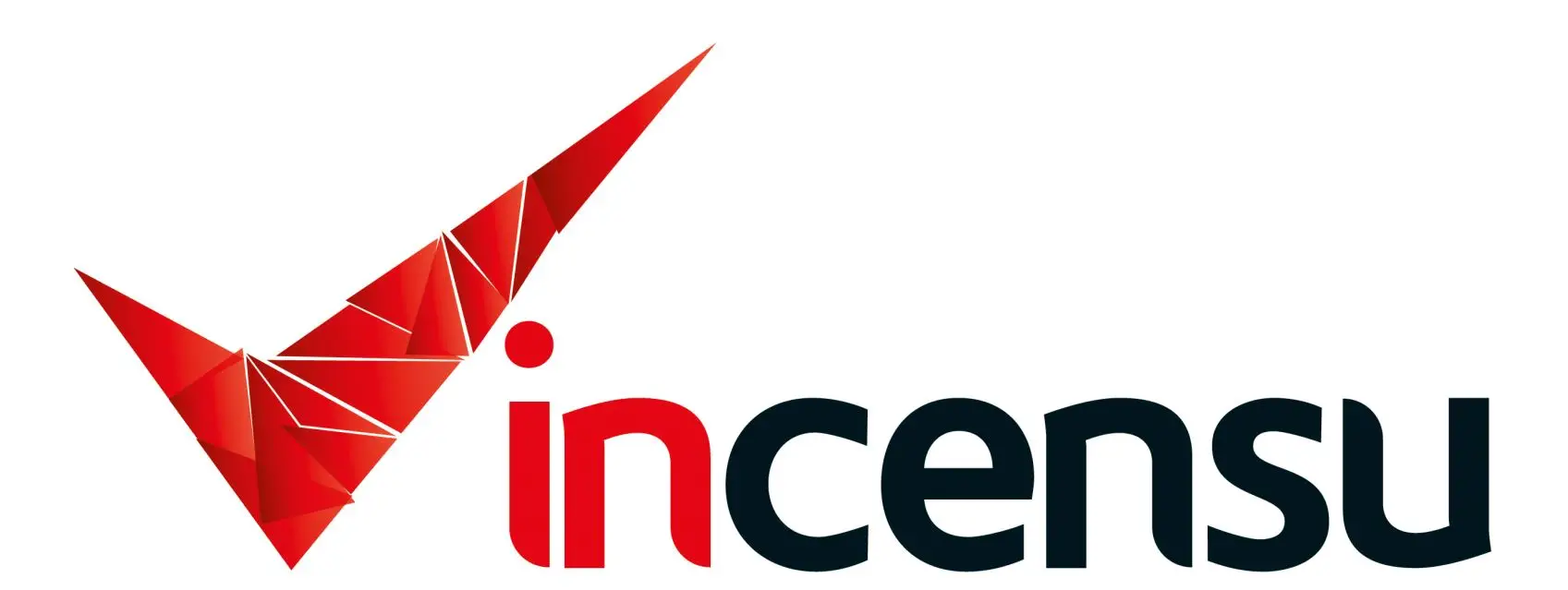
The Evolving Landscape: Why Education Supplier Credential Checks Matter More Than Ever
Education procurement is under increasing pressure from both regulatory bodies and the public to be transparent, competitive, and compliant—especially when it comes to thoroughly checking education suppliers. For MAT leaders, headteachers, and school business managers, this means ensuring that every supplier is properly vetted, credentials are verified, and purchasing decisions are fully defensible. Prioritising social value, community focus, and sustainability in your procurement process not only meets statutory requirements but also delivers real benefits to your school and wider community. The introduction of the Procurement Act 2023 (replacing the Public Contracts Regulations 2015) brings significant changes for all public sector buyers, including schools and MATs. Key updates include:
- Greater emphasis on transparency: Buyers must clearly document procurement decisions and supplier selection processes.
- Stronger focus on social value: Consideration of community benefit, sustainability, and ethical supply chains.
- Supplier exclusion and debarment: New rules around excluding suppliers for poor performance or non-compliance.
- Digital registers: Encouragement to use national registers and digital tools for supplier verification.
These changes mean that simply accepting a supplier’s word is no longer enough—schools and trusts must demonstrate proactive, documented checks.
Understanding Education Supplier Accreditations: What’s Essential Now?
The right accreditations are your first line of defence against reputational and operational risk. For MATs and schools, this means:
- Enhanced DBS checks: For any supplier whose staff will be on site or working with children.
- Health & safety: CHAS, SafeContractor, Constructionline, or equivalent, especially for premises and estates contracts.
- ISO standards:
- ISO 9001 (quality management)
- ISO 14001 (environmental management)
- ISO 27001 (information security)—increasingly important for IT and data suppliers.
- ISO standards:
- Cyber Essentials: For any supplier handling sensitive data or IT infrastructure – Cyber Essentials
- Modern slavery & sustainability statements: Required for larger contracts and best practice for all.
Action point: Always cross-check accreditations against expiry dates and the issuing body’s register. Don’t rely on uploaded PDFs alone.
High Value vs Low Value School Contracts: Raising the Bar
Low Value School Contracts
For purchases under your trust’s threshold (often £10,000), you’ll still need to:
- Check public liability insurance
- Confirm basic accreditations
- Obtain references (ideally from other schools or MATs)
- Ensure compliance with safeguarding if relevant
High Value School Contracts
For contracts above OJEU thresholds (now governed by the Procurement Act 2023), or those with strategic impact, you must:
- Require evidence of multiple, current accreditations
- Review audited accounts and financial stability
- Ask for detailed case studies and performance data
- Check for Modern Slavery Act compliance and environmental policies
- Document all checks as part of your procurement audit trail
Frameworks: Using suppliers from established frameworks not only speeds up procurement but also provides assurance that suppliers have passed rigorous, up-to-date compliance checks.
What to Look For in the Accreditations Section of an Education Supplier Listing
When checking education suppliers you can find their accreditations on their profile on the Incensu National Register of Education Suppliers. You will want to look for:
- Live, verifiable badges: Clickable links to accrediting bodies or frameworks for real-time validation.
- Membership of national frameworks: Clear evidence of CCS, YPO, ESPO, or similar.
- Updated expiry dates: Accreditations and insurances should be current and renewable.
- Comprehensive disclosure: Modern slavery statements, data protection policies, and sustainability credentials.
- Sector-recognised awards: Recognition from education sector or public procurement bodies.
- Case studies & testimonials: Recent, relevant, and ideally from similar MATs or schools.
Key Questions to Ask When Checking Education Suppliers (Going Beyond the Basics)
For high-value or strategic procurements, supplement your checks by asking:
- Can you provide digital links to your accreditations on the issuing body’s register?
- Which frameworks are you currently approved on, and what are your unique reference numbers?
- Can you supply audited financial statements?
- What is your process for ongoing staff training and safeguarding compliance?
- How do you manage GDPR and data security for schools?
- Do you have a Modern Slavery and/or sustainability policy?
- Have you been excluded from any public sector contracts in the last 3 years?
- Can you provide performance data or KPIs for similar contracts?
Tip: Always request documentation in writing and keep it as part of your procurement audit trail.
Frameworks and Approved School Supplier Lists: Up-to-Date Insights
When checking education suppliers, frameworks remain the gold standard for high-value, high-risk contracts. In 2025, the most relevant frameworks include:
- Crown Commercial Service (CCS): Wide range of goods and services, with strict compliance checks.
- YPO & ESPO: Especially strong for classroom resources, IT, estates, and facilities.
- NEPO & Local Authority Frameworks: Useful for regional or specialist contracts.
- Dynamic Purchasing Systems (DPS): Allow new suppliers to join at any time, increasing competition and innovation.
Best practice:
- Always check the supplier’s current status and lot allocation on the framework website.
- Confirm the framework’s compliance with the latest Procurement Act requirements.
- Document your rationale for using a framework supplier, especially if not going out to open competition.
Keeping Up with Legislative and Compliance Changes
- Procurement Act 2023: All MATs and schools should review their procurement policies to ensure compliance with new rules on transparency, exclusion, and digital registers.
- Data protection: With increasing cyber threats, check suppliers’ Cyber Essentials or ISO 27001 status.
- Sustainability & social value: Expect greater scrutiny on environmental policies, supply chain ethics, and community benefit under new procurement rules.
Conclusion
For MAT leaders and experienced school budget holders, robust supplier credential checks are a cornerstone of compliant, effective procurement. By leveraging the Incensu National Register, staying up to date with the latest legislation, and demanding rigorous evidence from suppliers, you’ll safeguard your trust’s reputation, ensure value for money, and deliver the best outcomes for your school communities.
Ready to take your school procurement process to the next level?
Start by reviewing supplier accreditations and frameworks by browsing suppliers.
